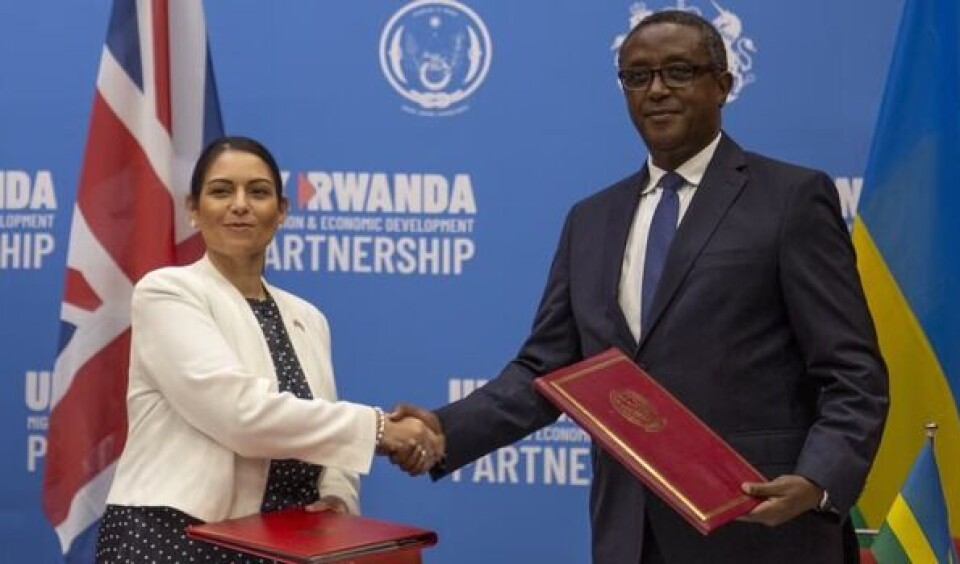Copyright : Re-publication of this article is authorised only in the following circumstances; the writer and Africa Legal are both recognised as the author and the website address www.africa-legal.com and original article link are back linked. Re-publication without both must be preauthorised by contacting editor@africa-legal.com
African legal fraternity slams UK–Rwanda asylum deal

British Prime Minister Rishi Sunak’s attempts to circumvent a UK Supreme Court ruling declaring the asylum-seekers exchange deal with Rwanda illegal, has evoked heated debate in Africa over its basic rule of law aspects, writes Kaijage Robert.
The East Africa Law Society, Pan African Lawyers Union and Open Society Justice Initiative jointly hosted a webinar on 18 January focusing on the "externalisation of asylum" as an emerging matter of international law, using the UK–Rwanda agreement as a benchmark to gauge refugee rights across the board.
All the main speakers except the Rwandan government’s sole representative were critical of the deal’s legal principles, with particular concerns raised about its possible ripple effects on other African countries grappling with refugee problems.
The discussion came on the back of a fresh treaty between Rwanda and the Sunak government, with additional provisions to prevent "refoulement", which was the basis of the UK’s top court ruling on 15 November 2023 that Rwanda was not a "safe" country to receive asylum seekers removed from Britain.
Non-refoulement is a legal rule that requires refugees to be moved only to countries where their lives will not be at risk, they won’t be badly ill-treated and they won’t later be returned to their countries of origin where they would face such threats.
The Sunak government is also pushing for a new law to further legitimise its arrangement with Rwanda.
Rwandan president Paul Kagame has hinted that he is losing patience with the delays in implementing the asylum plan and could even call it off and return the money that his country has already received from the UK, reportedly around £240 million.
During the webinar, Rwanda came under heavy flak for its position on the deal from the outset.
Susheela Math, a senior litigation officer with the Open Society Justice Initiative, cited accusations of "hypocrisy" levelled at Rwanda while Achieng Akena of the International Refugee Rights Initiative expressed surprise that the country was pushing a policy that contradicted pan-African efforts to do away with colonial legacies and instead aimed to "keep Africans in Africa".
Doris Uwicyeza Picard, Rwanda’s lead legal negotiator in its partnership with Britain, strongly defended her country’s accommodating stance towards migrant issues based on its own history of massive population displacements during the 1994 genocide that afflicted the country.
"We ourselves are essentially a refugee nation. We know what it’s like to be exiled from our own country, which is why we are at the forefront in seeking solutions to this global problem. We believe it is legally and morally right to do so," Picard said.
In her support, one off-screen participant stated that Rwanda was "providing a novel solution to a global and perennial immigration challenge and should be commended for this innovation."
Meanwhile, Evans Ogada of the East African Law Society accused western countries of being "masters of double-speak" in trying to twist international asylum laws to fit their own political and contextual agendas.
"As the new phenomenon of externalisation spreads globally, we either stick to international law and international order in applying the rules consistently and as we know them, or none at all," Ogada asserted, citing instances of asylum seekers from conflict regions such as Palestine and Ukraine being treated differently by western countries.
To join Africa Legal's mailing list please click here
